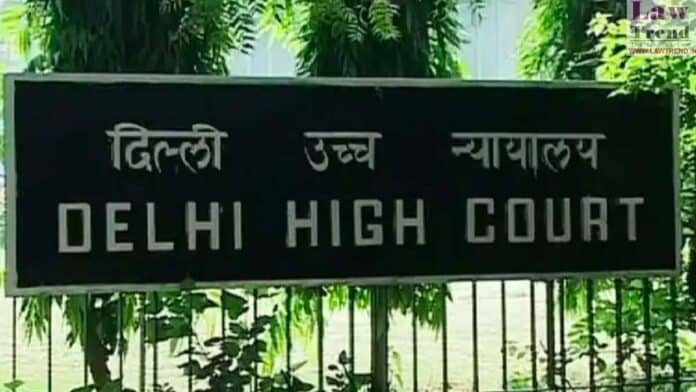In a significant move towards educational reform, a Public Interest Litigation (PIL) was filed in the Delhi High Court on Tuesday, demanding the establishment of a Legal Education Commission (LEC) by the central government. The proposal, initiated by Ashwini Kumar Upadhyay, a practicing lawyer and BJP leader, draws parallels with the Medical Education Commission, aiming to revolutionize legal education in India.
The PIL emphasizes the necessity for a specialized commission composed of retired judges, law professors, and lawyers. This body would explore the viability of a four-year Bachelor of Law program, akin to the BTech degrees offered in engineering. The current five-year courses, such as the BA-LLB and BBA-LLB, are criticized for integrating unnecessary Arts and Commerce subjects, which are viewed as unrelated and excessive.
Further, Upadhyay has urged the Bar Council of India (BCI) to assemble an expert committee of retired judges, jurists, and educationists. This committee would evaluate the alignment of the current five-year Bachelor of Law course with the innovative objectives outlined in the New Education Policy 2020. Additionally, the petition calls for a review on the necessity of a BA, BBA, or BCom degree prior to pursuing a Bachelor of Law, questioning the redundancy in the existing educational pathways.
The petition criticizes the five-year law courses as overly lengthy and costly, potentially discouraging students from pursuing legal studies. This structure is contrasted unfavorably with the four-year engineering programs offered by institutions like the Indian Institutes of Technology (IITs), which are seen as more concise and focused. The petitioner argues that the current law curriculum, with its higher annual fees and prolonged duration, serves more as a financial burden than an educational necessity.
Highlighting historical precedents, the plea references former Law Minister late Ram Jethmalani and the legendary Fali Nariman, who both started their legal careers early under shorter courses. With life expectancy and societal maturation changing, the petition advocates for a four-year law course that aligns better with today’s accelerated life timelines and early adulthood.
Also Read
The filing has ignited discussions on the future of legal education in India, suggesting a potential shift towards a more streamlined, efficient, and affordable legal education system. The Delhi High Court’s decision on this matter could pave the way for significant educational reforms, impacting future generations of legal professionals.




